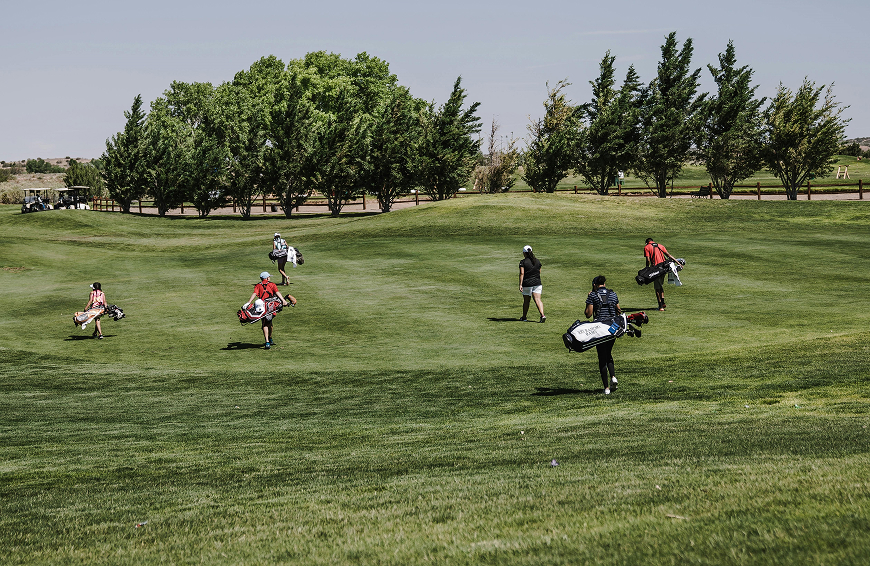1. Jon Rahm and Tyrrell Hatton Will Go Unbeaten as a Pair at the 2025 Ryder Cup
There’s chemistry, and then there’s whatever Jon Rahm and Tyrrell Hatton have when they step into match play together. Both are aggressive and fearless under pressure. They’ll embrace the chaos of Bethpage, lean into the hostile crowd, and thrive as the villains on U.S. soil during the 2025 Ryder Cup. They also play together on LIV Golf’s Legion XIII team, which only strengthens their partnership.
2. Scottie Scheffler and Russell Henley Will Be the Leading Point Scorers for Team USA
Scottie Scheffler is due for a breakout 2025 Ryder Cup performance and this time he will deliver. If paired with Russell Henley, one of the most accurate iron players on tour, the two could become Team USA’s most reliable duo. Their sharp ball striking and consistency are a great fit for Bethpage. They also played very well together at the 2024 Presidents Cup.
3. Shane Lowry Will Spark a Moment with a USA Fan and It Will Go Viral
There’s always that moment at every Ryder Cup when emotions boil over. This time, it could come from Shane Lowry. He plays with passion and lives for Team Europe. That with a hostile New York crowd and the Ryder Cup spotlight, and it’s easy to imagine Lowry getting into a heated back-and-forth with a fan. This would be box office!
4. Scottie Scheffler vs. Rory McIlroy Will Be the Heavyweight Showdown That Kicks Off Sunday Singles
World No. 1 vs. World No. 2. The top player from each team leading the way into what could be a close Sunday at Bethpage. Scheffler and McIlroy are the biggest names on either side, and putting them out first would set the tone right away. The energy would be high and every shot would be box office.
5. Bob MacIntyre Will Drain the Winning Putt for Team Europe
Bob MacIntyre was one of Europe’s quiet heroes in 2023. In 2025, he could be their finisher. He has grit, a calm presence, and the kind of underdog mentality that makes him dangerous in match play. If the 2025 Ryder Cup comes down to the final few matches, MacIntyre is exactly the kind of player who could step up and bury the winning putt to clinch it for Team Europe on U.S soil.

Will Buttleman is VPAR’s Social Media and Events Manager.
A former professional cricketer, Will played for Essex County Cricket Club from 2018 to 2023 before joining the VPAR team in 2024. During his cricket career, he competed in First Class, List A, and T20 matches, contributing to the club’s recent successes.
Now, Will’s focus has shifted to golf. He plays off a VPAR Handicap of 4.5 and is aiming to reach scratch in the near future. His favourite course is Poppy Hills, a hidden gem just above Pebble Beach, and his top venue to work at is Waterville Golf Links in County Kerry, Ireland.
Whether you’re seeking top golfing destinations, a fresh perspective on the ever-changing professional game, or betting tips for major events, Will offers valuable insights. For him, golf is more than just a sport – it’s a lifestyle, and he loves sharing that passion with the VPAR community.


